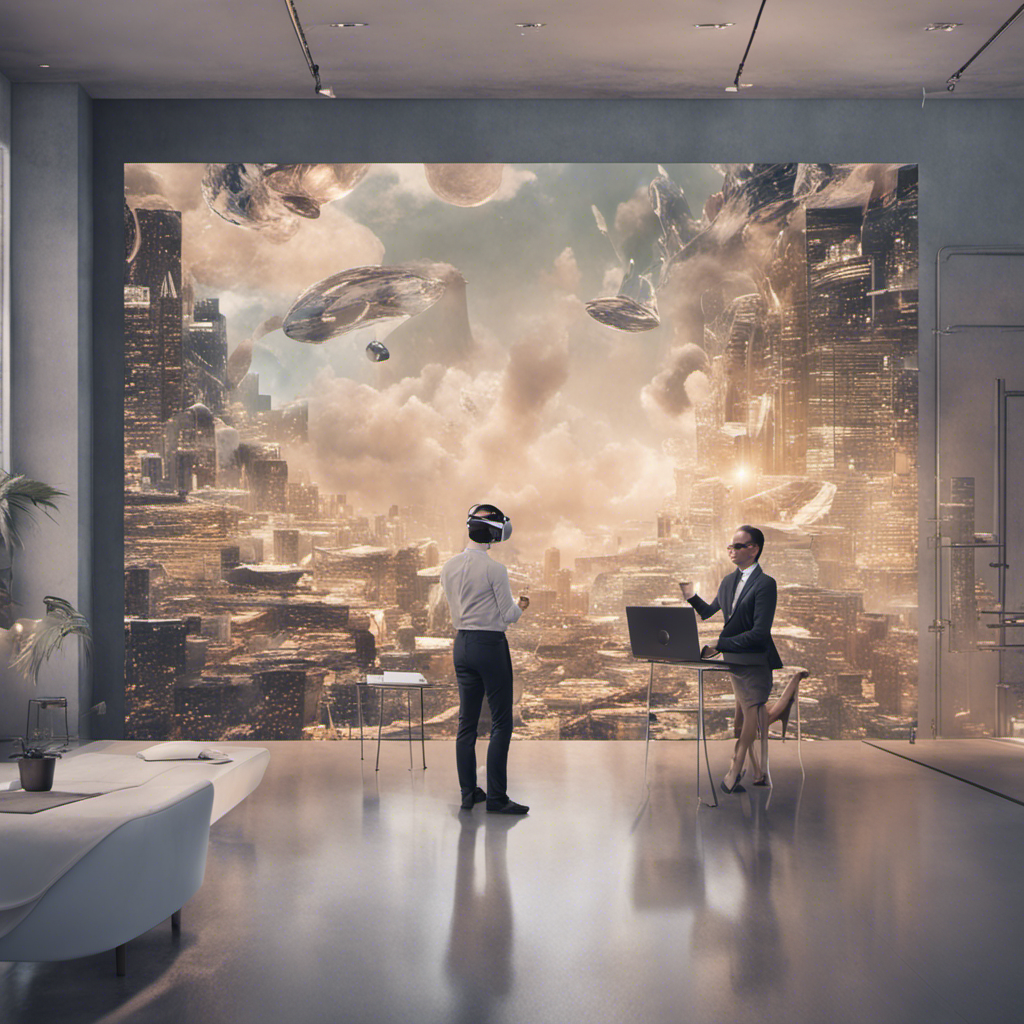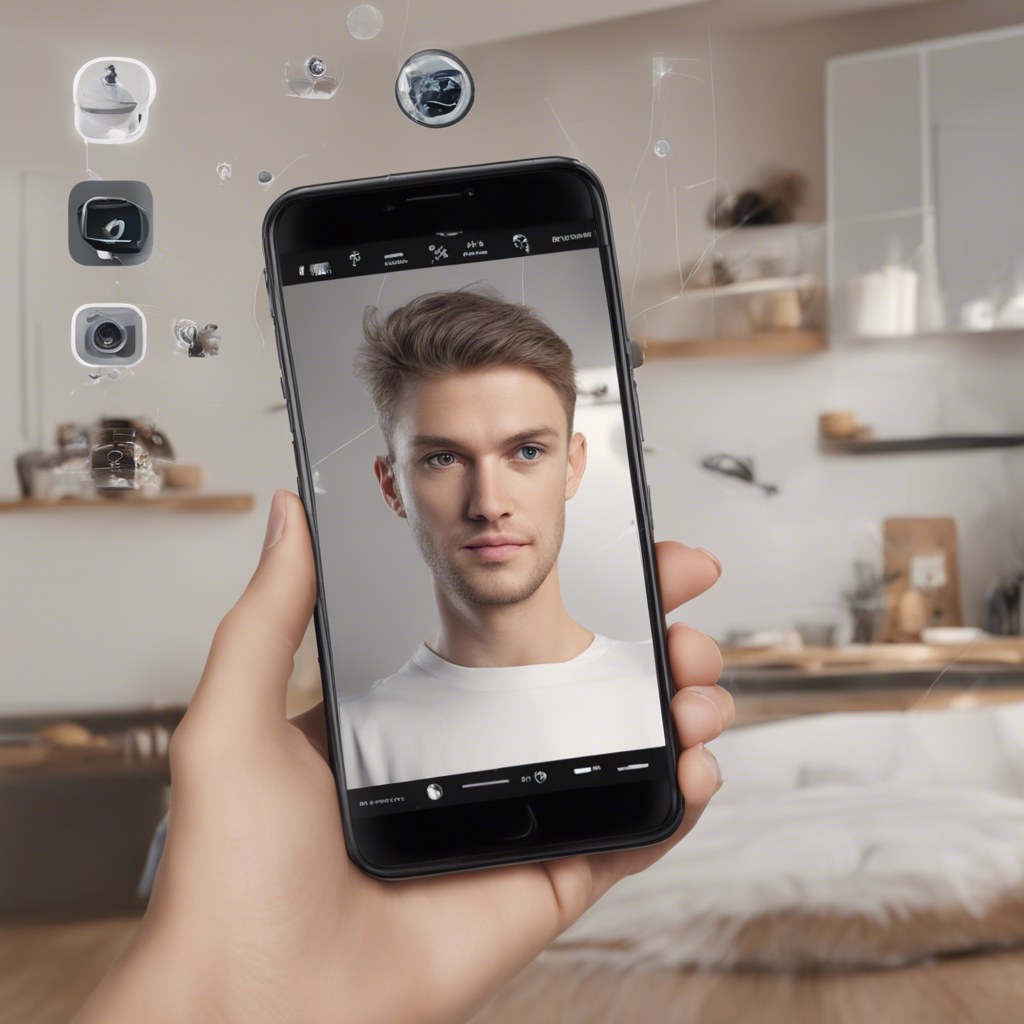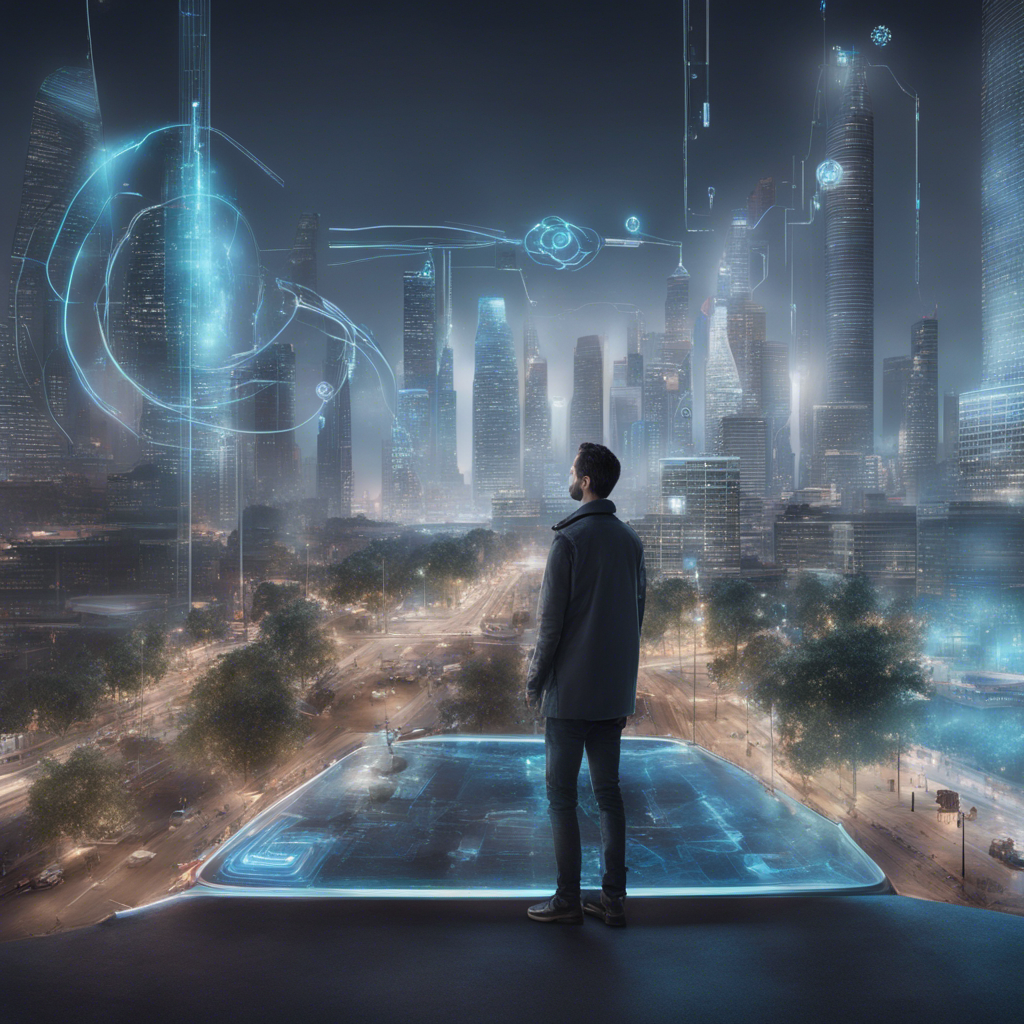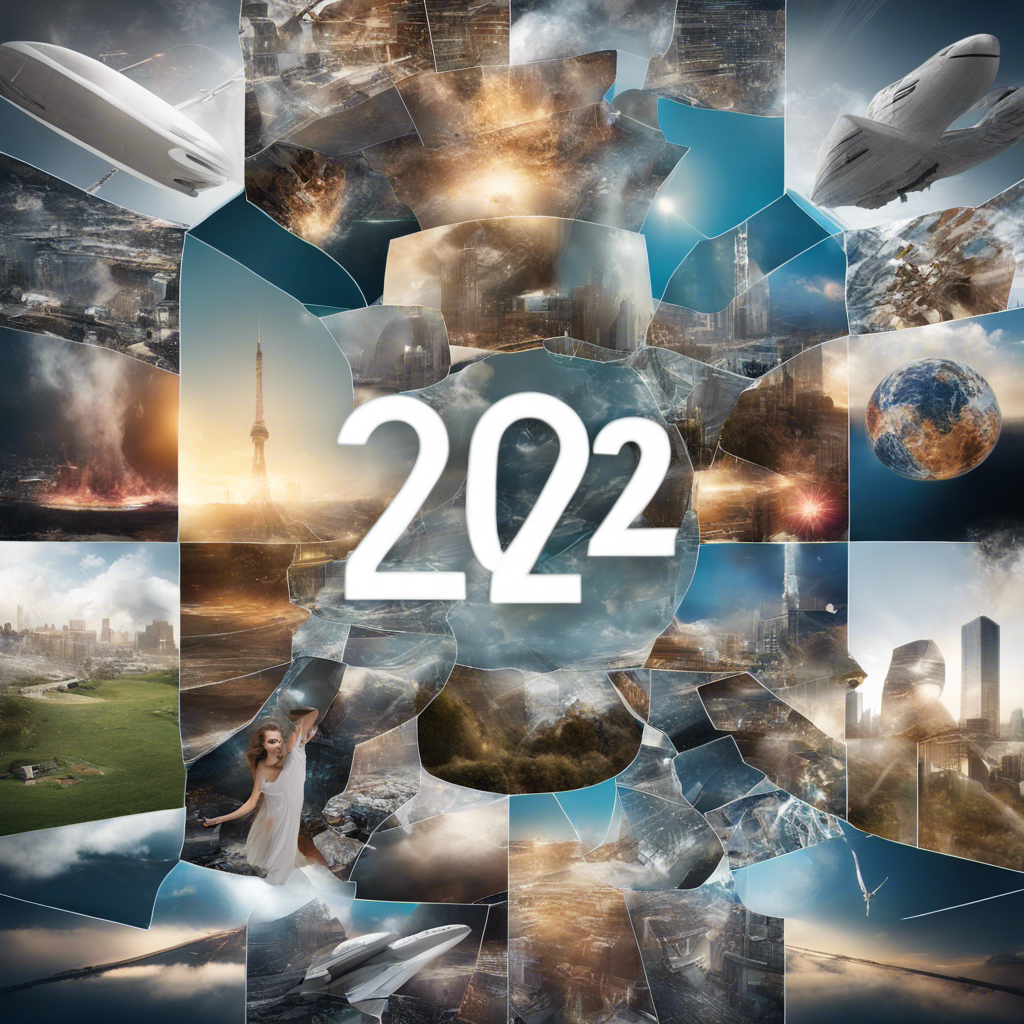
Virtual reality (VR) has come a long way since its inception, and it is now making waves in multiple industries. With its ability to immerse users in a simulated environment, VR is transforming the way we interact with technology and has the potential to revolutionize various sectors. In this blog post, we will explore the impact of virtual reality on different industries and how it is reshaping their practices.
Healthcare
One of the notable fields where virtual reality is playing a significant role is healthcare. VR technology is being utilized in medical training, providing a safe and controlled environment for students to practice procedures. This immersive experience helps in improving their skills without the risk associated with actual patients.
Virtual reality is also being used for pain and stress management. Patients can be transported to a relaxing or engaging virtual environment, distracting them from the pain or anxiety they might be experiencing. Additionally, doctors are exploring the use of VR in therapies for mental health conditions such as anxiety disorders and phobias. This technology allows patients to confront their fears in a controlled environment, aiding in their recovery process.
Education
Education is another industry benefiting greatly from virtual reality. Students now have the opportunity to explore historical sites, visit famous landmarks, or experience scientific phenomena that would otherwise be impossible. VR brings learning to life, allowing students to engage with the subject matter in a hands-on and immersive way.
Moreover, virtual reality is facilitating distance learning by providing a virtual classroom experience. Students can participate in remote lectures, collaborate with classmates, and engage in interactive discussions as if they were physically present. This helps bridge the gap between traditional and online education, making education more accessible to all.
Architecture and Design
Virtual reality is revolutionizing the way architects and designers plan and visualize their projects. By creating virtual models, professionals can walk through the spaces they are designing, giving them a better understanding of scale, proportions, and functionality. This allows for more informed decision-making and reduces the potential for costly errors during the construction process.
Additionally, clients can now experience a realistic virtual representation of their future spaces. This ensures better communication between architects and their clients, as the latter can provide feedback and make changes before the physical construction begins. Virtual reality is transforming the design industry by offering a more efficient and interactive way to conceptualize and present architectural projects.
Entertainment and Gaming
The entertainment industry has been quick to embrace virtual reality, providing users with immersive experiences in movies, concerts, and video games. With the help of VR headsets and controllers, users can enter virtual worlds and interact with their surroundings like never before. This technology creates a sense of presence and realism, enhancing the overall entertainment experience.
Virtual reality gaming, in particular, has seen tremendous growth in recent years. Players can fully immerse themselves in virtual environments, becoming active participants in the game. VR gaming offers a level of interactivity and realism that traditional gaming cannot match, providing gamers with a whole new level of excitement and engagement.
Manufacturing and Training
In the manufacturing sector, virtual reality is transforming training programs. By simulating real-life scenarios, VR enables employees to learn new skills, improve efficiencies, and practice complex procedures in a safe environment. This technology reduces the risks associated with on-the-job training and allows employees to gain valuable experience before working on actual equipment or machinery.
Moreover, virtual reality is being used for remote collaboration, enabling teams to work together despite being physically apart. Designers, engineers, and manufacturers can review and modify prototypes in real time, leading to faster turnaround times and improved productivity.
Conclusion
As virtual reality continues to advance, it is revolutionizing various industries by offering unparalleled experiences and innovative solutions. In healthcare, education, architecture and design, entertainment, and manufacturing, VR is transforming practices, improving outcomes, and opening up new possibilities. The potential of virtual reality is vast, and its impact on these industries will continue to evolve as technology progresses.
References:
- Virtual Reality in Healthcare
- The Role of Virtual Reality in Education
- Virtual Reality in Architecture and Design
- Virtual Reality in Entertainment
- Virtual Reality in Manufacturing
Disclaimer: The information provided in this blog post is for general informational purposes only and does not constitute professional advice. Please consult with relevant industry professionals for specific guidance.






